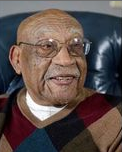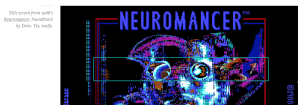I’m a great fan of Ben Fountain’s novel, “Billy Lynn’s Long Halftime Walk,” which Matt Richtel writes about in this piece about recent vets of the US’s foreign wars and their discomfort with being thanked for their service.
Richtel’s story is a reminder that our government gave up on a conscripted army after the Viet Nam war because it was an inefficient and politically troublesome way to wage war, especially unpopular wars that go on for a long time. Something our military seems to be very good at.
And our volunteer veterans are the citizens who face the consequences of this perpetual war, including deployment and redeployment, life and death risk, debilitating injury, and the prospect of facing a lifetime being reminded that service ends up being a democratic dividing line rather than an adhesive.
Richtel makes this point more lucidly than I ever could by telling the story of a hand shake, and what came after.








